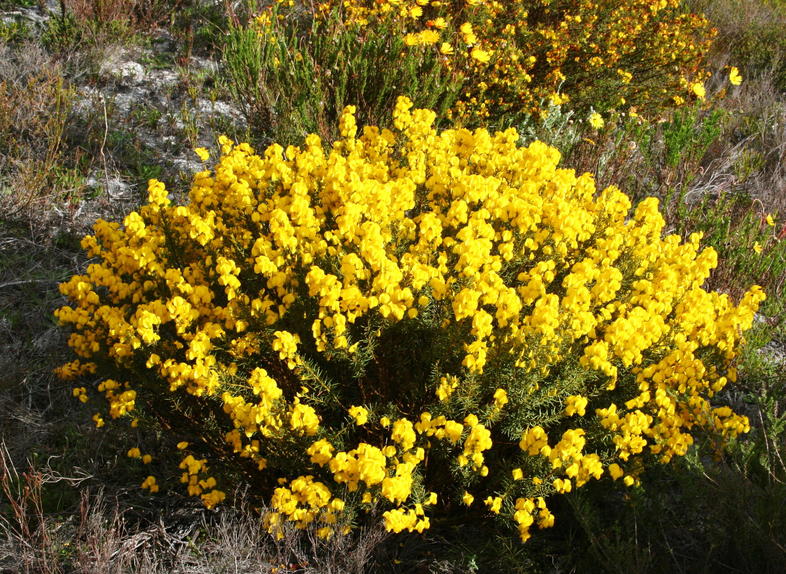Business
South Africa’s Honeybush Industry Must Break Free from Its Colonial Roots to Truly Transform

South Africa’s biodiversity economy is often praised for its potential to uplift communities through nature-based industries like herbal teas and ecotourism. But beneath this promise lies a sobering reality—many of these sectors, including the honeybush tea industry, remain shaped by the country’s colonial and apartheid past. The people who cultivated and relied on honeybush for generations—Black and Indigenous communities—are still largely sidelined in a system that favours the historically privileged.
A Plant with Deep Roots but Limited Equity
Honeybush (Cyclopia spp.), a naturally caffeine-free herbal tea native to the Eastern and Western Cape, has been used by Indigenous South Africans for generations. Despite this deep cultural and medicinal history, the formal industry has grown without including the very people who nurtured it.
Under colonial rule and apartheid, land and natural resources were systematically taken from Black South Africans. The commercialisation of honeybush became dominated by white farmers and government conservation projects, cutting off Indigenous communities from access to land and economic opportunities.
Post-Apartheid Promises That Fell Short
After 1994, a series of government-led efforts attempted to bring historically excluded groups into the biodiversity economy. Strategies and policies promised land, jobs, and participation in industries like honeybush. But while intentions were good, implementation has been flawed.
Too much focus has been placed on profit and job numbers—not on ensuring dignity, agency, and justice for those still marginalised. For example, harvesting permits, once tools of colonial exclusion, remain in place. Now part of the formal industry, these permits still prevent many Black and Indigenous harvesters from accessing the wild plants they’ve traditionally used.
Who Holds the Power?
Today, those who own land and processing infrastructure hold the power in the honeybush sector. Black and Indigenous people often remain workers—harvesters, processors, packagers—but not decision-makers. Access and benefit-sharing agreements, intended to channel profits back to communities, are delayed or negotiated without their input.
This has created a system where the industry’s success continues to rely on the dispossession of its original stewards. Their knowledge, labour, and history are rarely acknowledged or rewarded.
A Way Forward: Justice, Not Just Profit
Real transformation means much more than economic inclusion—it means justice, restitution, and recognition.
-
Land Redistribution: Without land, Indigenous communities cannot build sustainable livelihoods from nature-based industries. The government must prioritise giving land back to the people who have historically worked it.
-
Inclusive Access Systems: Instead of restrictive permits, new systems should be designed around those who were displaced. Community access should be the default—not the exception.
-
Knowledge Recognition: Traditional knowledge holders must be formally recognised in patents and innovation. Their understanding of honeybush’s uses is not merely anecdotal—it is science built over generations.
-
Beyond Money: The benefits of transformation must also include cultural empowerment, environmental justice, and community-led conservation—not just a share of profits in a low-margin industry.
The honeybush industry holds enormous potential, not just economically but as a symbol of how South Africa can reimagine its relationship with land, nature, and history. But to realise that potential, the country must commit to deep, meaningful transformation—rooted not in surface-level inclusion, but in genuine restitution and respect.
Only then can honeybush, once a plant of resistance and healing, become a vehicle for real change.
{Source: The Citizen}
Follow Joburg ETC on Facebook, Twitter , TikTok and Instagram
For more News in Johannesburg, visit joburgetc.com



























